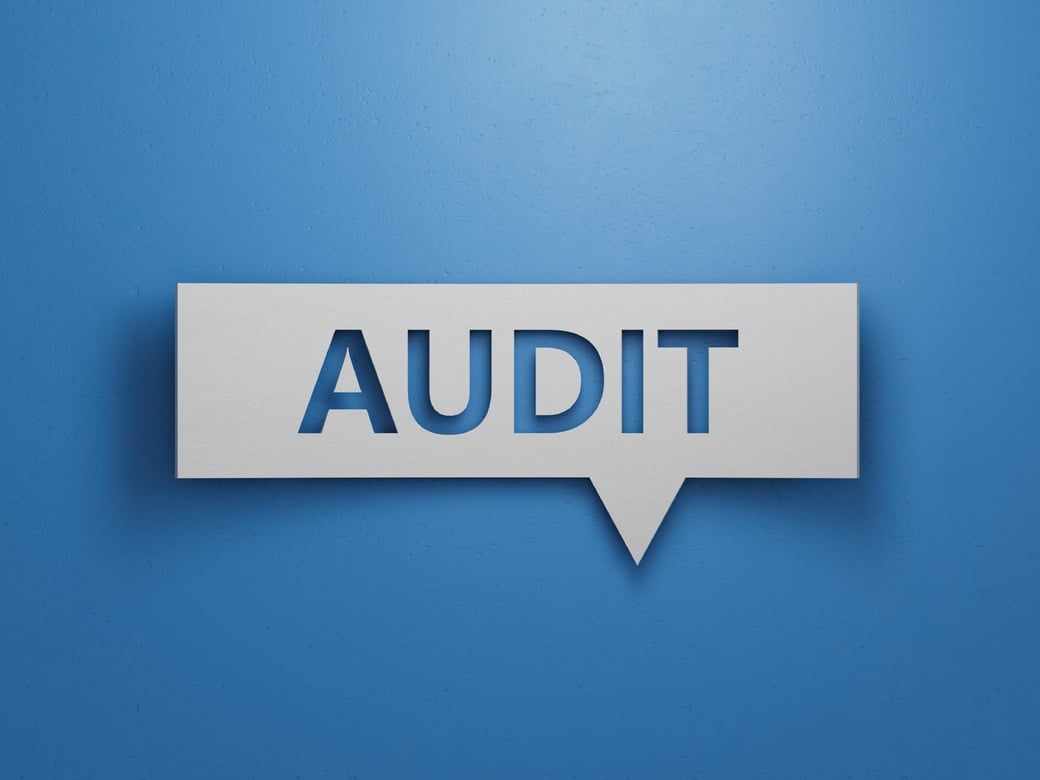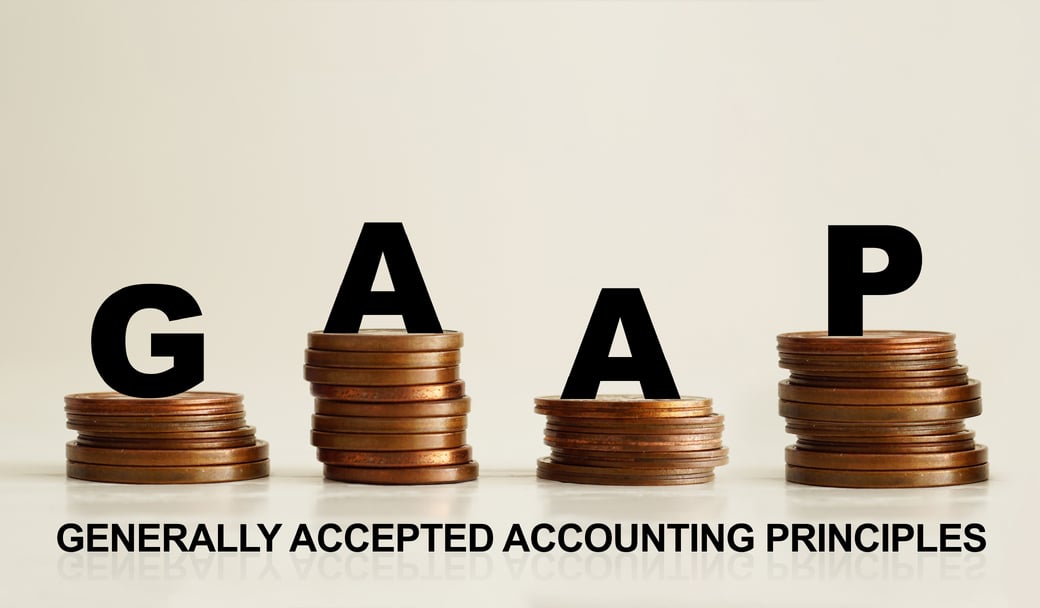Once considered a temporary workaround, remote auditing is now a permanent part of how audits are planned and performed. Technological advances and evolving workforce expectations have pushed audit firms to rethink traditional, fully on-site approaches. The question isn’t whether remote auditing will continue (it will), but how firms and clients can use it effectively while maintaining audit quality.
Aaron K. Waller, CPA
Recent Posts
Remote Auditing Is Here to Stay: How It's Changing the Audit Process

Posted by Aaron K. Waller, CPA on Feb 05, 2026
Posted in Audit & Assurance
Using the Audit Management Letter as a Strategic Tool

Posted by Aaron K. Waller, CPA on Dec 11, 2025
Posted in Audit & Assurance
When businesses issue audited financial statements, year-end physical inventory counts may be required for retailers, manufacturers, contractors, and others that carry significant inventory. Auditors don’t perform the counts themselves, but they observe them to evaluate the accuracy of management’s procedures, verify that recorded quantities exist, and assess whether inventory is properly valued.
Posted in Accounting & Outsourcing
What's the Right Inventory Accounting Method for Your Business?

Posted by Aaron K. Waller, CPA on Nov 07, 2025
Inventory is one of the most significant assets on a balance sheet for many businesses. If your business owns inventory, you have some flexibility in how it’s tracked and expensed under U.S. Generally Accepted Accounting Principles (GAAP). The method you use to report inventory can have a dramatic impact on your bottom line, tax obligations, and financial ratios. Let’s review the rules and explore your options.
Posted in Accounting & Outsourcing
The going concern assumption underlies financial reporting under U.S. Generally Accepted Accounting Principles (GAAP) unless management has plans to liquidate. If a going concern issue is identified but not adequately disclosed, the omission might be considered “pervasive” because it can affect users’ understanding of the financial statements as a whole. So it’s critical to get it right. Here are answers to common questions about this assumption to help evaluate your company’s ability to continue operating in the future.
Posted in Audit & Assurance
Confirm This: Why Your Auditors Contact Third Parties

Posted by Aaron K. Waller, CPA on Jun 20, 2025
If your company’s financial statements are audited, chances are your auditor will send out external confirmations.These information requests may be sent directly to your customers, vendors, banks, attorneys, and benefit plan administrators.
Posted in Accounting & Outsourcing
Risks are unavoidable in today’s volatile, uncertain marketplace. However, proactive owners and executives can manage business risks more effectively with an enterprise risk management (ERM) framework. A structured approach helps organizations anticipate risks, seize opportunities, and build resilience.
Posted in Audit & Assurance
Auditing standards require auditors to identify and assess the risks of material misstatement due to fraud and to determine overall and specific responses to those risks. Here are some answers to questions about what auditors assess when interviewing company personnel to evaluate potential fraud risks.
Posted in Audit & Assurance
How Do Auditors Verify Account Balances and Transactions?

Posted by Aaron K. Waller, CPA on Dec 17, 2024
Audit season is just around the corner for calendar-year entities. Understanding the types of source documents your audit team might request can minimize disruptions during audit fieldwork and maximize your audit’s effectiveness. Here are some common sources of “substantive evidence” that auditors gather to help them form an opinion regarding your financial statements.
Posted in Audit & Assurance
It usually takes between two and six weeks for management to prepare financial statements that comply with the accounting rules. The process takes longer if an outside accountant reviews or audits your reports. Timely information is critical to making informed business decisions and pivoting as needed if results fall short of expectations. That’s why proactive managers often turn to flash reports for more timely insights.
Posted in Business Advisory

















